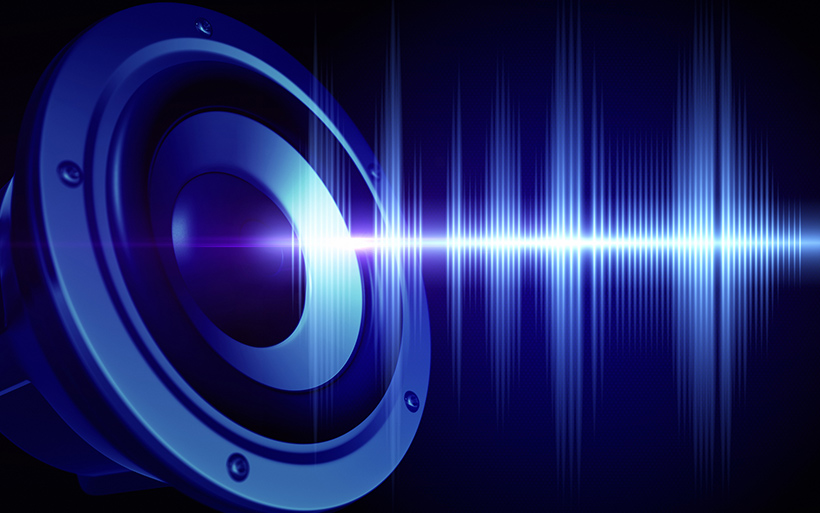As it turns out, hearing specialists and musicians have a lot in common. They’ve both honed their skills and developed “an ear’ for the complexities found in sound.
Why do some tunes sound sweet to the ear while others seem grating? Why do some people find a certain sound pleasant while another may consider it noise?
Hearing specialists and musicians can both explain this. They merely speak about it differently.
A Matter of Semantics
One may call a pitch a “frequency.” One’s choice instrument may be the audiometer, while the other’s is a piano, guitar, or their own voice. But both hearing specialists and musicians appreciate the science and beauty of sound.
Hearing Specialist
When a hearing specialist speaks of 261.626 Hz, they’re referring to the frequency of a sound. As the term indicates, frequency means how quickly (frequently) the sound is hitting the inner ear. When sound is high-frequency, it makes contact with the ear very rapidly in succession.
It helps to think about high-frequency as a visual of sound waves on a chart.
The ones with the high peaks and low valleys that are close together are the high-frequency sound waves. Each wave is very close to the one that came before it.
A lower frequency sound has peaks and valleys (waves) that are further apart. Because the waves are further apart, they’re hitting your ear more slowly one after the other. And as you might expect, the distance between the peaks is greater.
Musician
A musician might have a slightly different explanation.
They would instead call 261.626 Hz, a middle C, or C4. If we raise the C’s frequency from 261.626 to 1046.50 Hz or C6, we get a high C.
The musician will say that this C6 (high C) is a higher pitch than C4 (middle C), while the hearing specialist will refer to this sound change as a change in frequency.
Inversely, a musician desiring a lower pitch in a piece of music may opt for a low C (aka C2). In choosing this lower pitch, the musician is also selecting a lower frequency sound of 65.4064 Hz (low C).
Have you ever noticed that when you hear a very low pitch sound, whether it be a voice or piano note, that sound can seem to resonate? Because the frequency of that sound is so low and slow, you’re actually hearing those waves hitting your ear one at a time.
When a musician composes a piece, they must not only consider each note independently. They must feel how each note flows into the next. Depending on the note’s frequency (pitch) that came before it, a note may still be hitting the eardrum when the new note enters the scene.
This affects how a listener perceives the notes as a single piece of music. In the skilled hands of the musician, magic is made! Hearing specialists have to take the same care when tuning hearing aids.
How Treating Hearing Loss Is Like Writing a Tune
As hearing loss develops, the inner ear loses its ability to hear certain frequencies or pitches. These don’t often go all at once. At first, a person may think that it’s just interference or perhaps what they’re trying to hear is just too soft.
When listening to music, each note plays harmoniously with the next. If certain frequencies are suddenly missing, music sounds different as your mind tries to fill the gaps on its own. The same can happen with speech causing people to read lips or hear the wrong word.
On top of this, tinnitus, a related symptom, may place a constant hum, ring, static, or another sound over everything a person hears.
The Hearing Aid Advantage
We’re happy to say that there are treatment options that can balance the negative impact that life can have on your hearing with a positive. In most cases, you’ll be hearing better than ever! To that point, studies have shown that musicians that have treated their hearing loss are better able to distinguish speech sounds than the average person.
While many people with hearing loss have trouble distinguishing “D” from “T” and so on, having a hearing aid can solve this problem. It’s easy for anyone to ignore the signs and wait to see a hearing specialist when symptoms arise.
Restoring Your Enjoyment of Life
Wearing your hearing aid can help restore pitches that you may have lost over the years, communicate better, and make music sound more enjoyable. Regardless of what you want to do in life, wearing your hearing aid can help you maintain your independence and let you do what you love.
If you or a loved one you know needs help with their hearing, talk to them about their hearing loss and encourage them to seek help.
